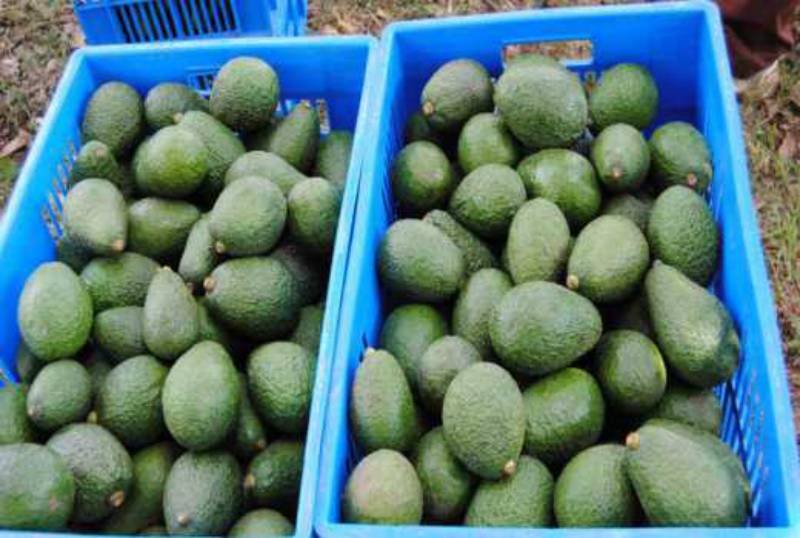×
The Standard e-Paper
Stay Informed, Even Offline

As we see an upsurge in farmers planting avocado trees in the desire to improve their incomes, the key question which needs to be asked is; are we as Kenya and Kenyan farmers exploiting our true market potential for avocados?